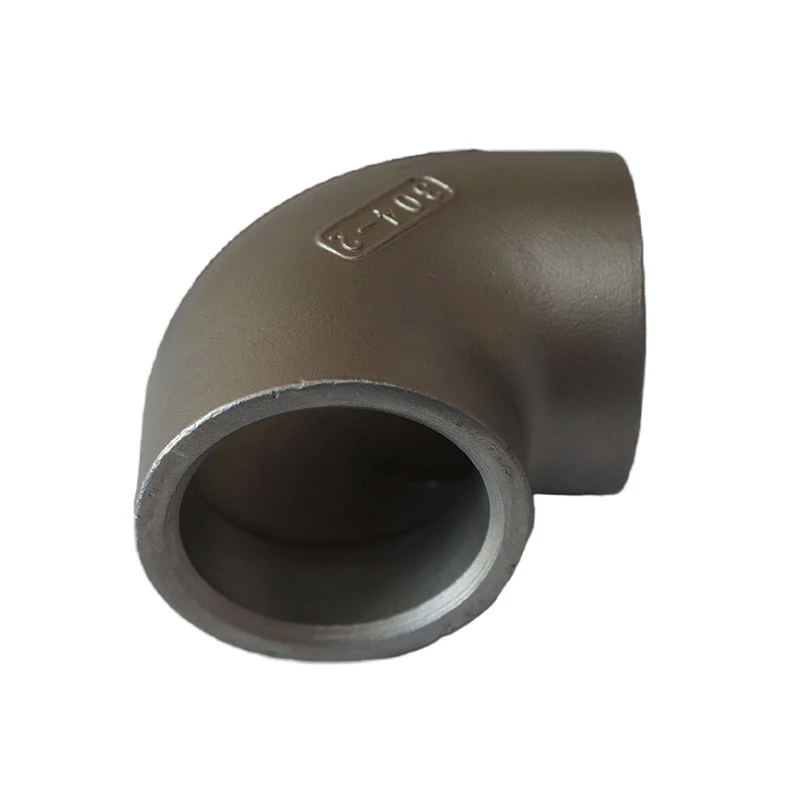OEM Die Casting Manufacturer for High-Quality Metal Components and Custom Solutions
The Importance of OEM Die Casting Factories in Modern Manufacturing
In today’s rapidly evolving industrial landscape, the demand for precision-engineered components has increased significantly. Original Equipment Manufacturer (OEM) die casting factories play a critical role in this manufacturing ecosystem, providing high-quality parts for a diverse range of applications. As industries strive for efficiency, quality, and cost-effectiveness, the relevance of OEM die casting cannot be overstated.
What is OEM Die Casting?
OEM die casting refers to the manufacturing process wherein molten metal is forced into a mold cavity under high pressure. This method is particularly popular for producing complex shapes with excellent dimensional accuracy. It is used widely in industries such as automotive, aerospace, electronics, and consumer goods, where precision and performance are non-negotiable.
Die casting is preferred for its ability to produce large volumes of parts without significant variations. OEMs utilize this process to ensure that the parts they manufacture meet the exact specifications required by their clients. This level of customization is crucial, as many end products depend on the reliability and functionality of these parts.
Advantages of OEM Die Casting
1. High Efficiency and Speed One of the primary advantages of die casting is the speed at which parts can be produced. Once the molds are designed and set up, the manufacturing process can run continuously, allowing for high-volume production. This efficiency translates to decreased lead times, which is a significant benefit in today’s fast-paced market.
2. Cost-Effectiveness While the initial investment in mold creation can be high, the long-term cost benefits are substantial. The ability to produce large quantities of parts quickly reduces the overall manufacturing costs. Additionally, the durability of die-cast parts can lead to lower rejection rates and waste.
3. Design Flexibility OEM die casting offers immense design flexibility, enabling manufacturers to create intricate geometries that may not be possible with other processes. This adaptability means that companies can innovate and improve their product offerings without being constrained by manufacturing limitations.
4. Superior Surface Finish The die casting process allows for finer detail and smoother finishes compared to other metalworking methods. This characteristic eliminates or reduces the need for machining and finishing processes, leading to further savings in time and costs.
oem die casting factory

5. Material Versatility OEM die casting factories can work with various materials, including aluminum, zinc, and magnesium. This versatility allows manufacturers to select the most suitable materials based on the performance requirements of the final product.
The Role of Technology in Die Casting
As in many manufacturing processes, technology plays a vital role in the evolution of OEM die casting. Advanced computer-aided design (CAD) software and simulation tools enable factories to optimize mold designs and manufacturing processes. Automation and robotics are also being integrated into die casting factories, further enhancing efficiency and precision.
Moreover, the adoption of Industry 4.0 principles, such as smart factories, interconnected machinery, and data analytics, is revolutionizing the way die casting is approached. These technologies allow companies to monitor production processes in real-time, predict maintenance needs, and minimize downtime.
Challenges Facing OEM Die Casting Factories
Despite its advantages, the die casting industry faces several challenges. Rising raw material costs, competition from low-cost manufacturing regions, and environmental regulations can affect profitability. Additionally, the increasing demand for customized products requires OEMs to be agile and innovative in their approaches.
To stay competitive, OEM die casting factories must invest in research and development, continuously improving their processes and adopting new technologies. Building sustainability into their operations will also be essential, as the industry shifts towards more environmentally friendly practices.
Conclusion
OEM die casting factories serve as a backbone to numerous industries, providing the precision components that drive modern technology and innovation. As manufacturers continue to seek efficient and cost-effective solutions, the importance of die casting will only grow. By embracing technological advancements and overcoming industry challenges, OEM die casting factories are poised to thrive in a constantly changing landscape, delivering value to manufacturers and consumers alike.
-
Precision Sheet Metal Stamping Manufacturer | Fast & ReliableNewsAug.01,2025
-
OEM Sand Cast Pump Valve Fittings - Baoding Hairun Machinery And Equipment Trading Co., Ltd.NewsAug.01,2025
-
Custom OEM Impellers | High Efficiency & PrecisionNewsAug.01,2025
-
OEM Sand Cast Pump Valve Fittings - Baoding Hairun Machinery | Customization, Quality AssuranceNewsAug.01,2025
-
OEM Sand Cast Pump Valve Fittings - Baoding Hairun Machinery And Equipment Trading Co., Ltd.NewsAug.01,2025
-
OEM Sand Cast Pump Valve Fittings - Baoding Hairun Machinery And Equipment Trading Co., Ltd.NewsJul.31,2025















